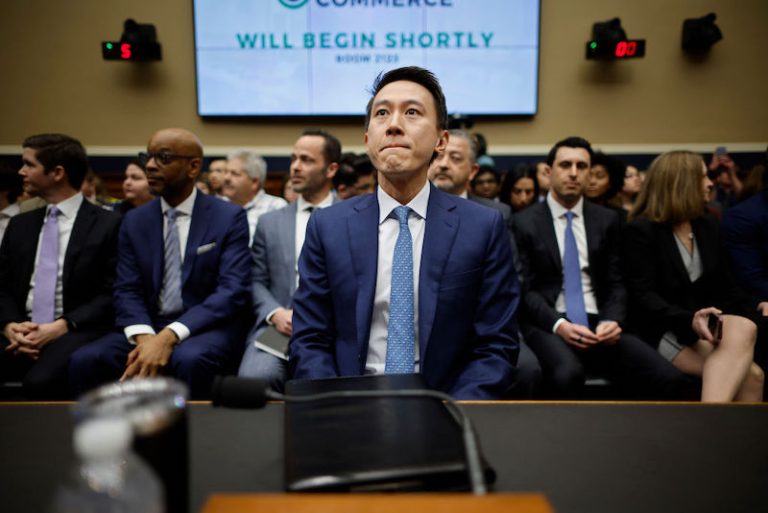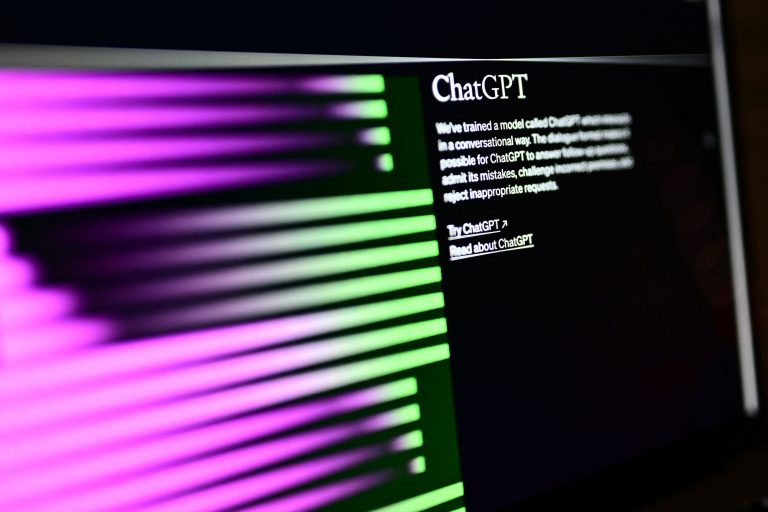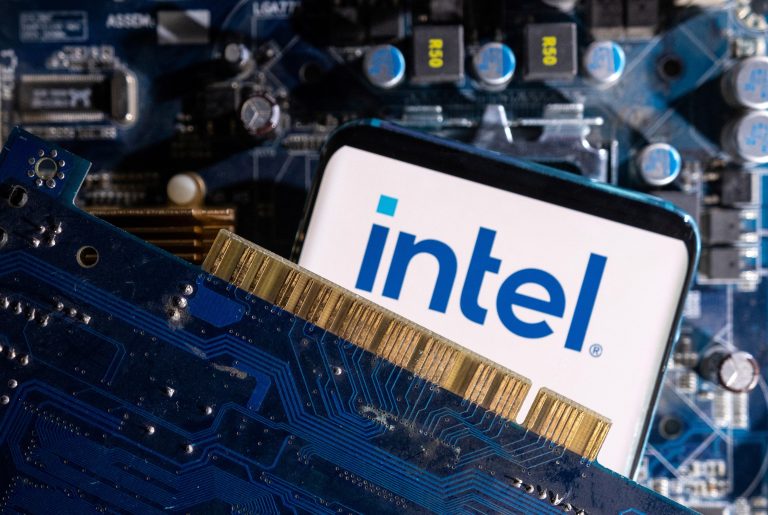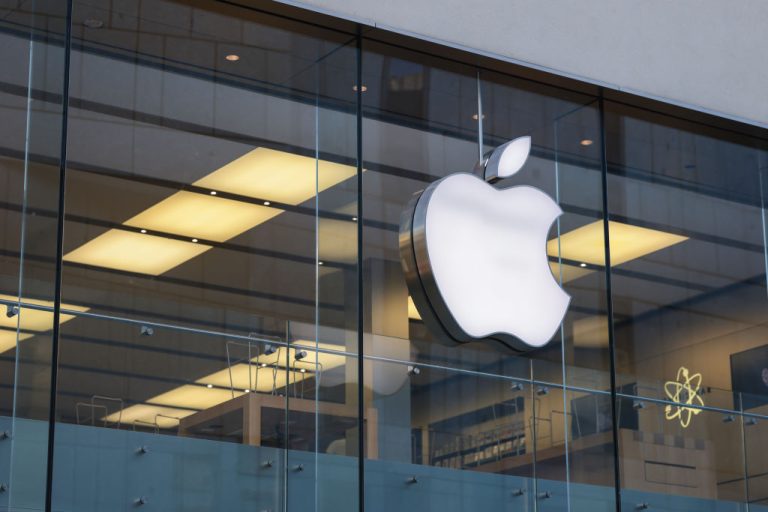TikTok — the wildly popular video-sharing app that has taken the world by storm — has been the subject of controversy lately, with lawmakers accusing it of being a mouthpiece for the Chinese Communist Party (CCP) to promote negativity, self-harm, and drug use.
On March 23, Shou Zi Chew, the CEO of TikTok, was called to testify before the House Committee on Energy and Commerce — bringing years of back and forth accusations and simmering tensions to a head.
Under scrutiny
Critics have claimed that the app, which is owned by Chinese company ByteDance, has been used to spread propaganda, illegally gather and share private user data, and censor content that goes against the CCP’s interests.
MORE ON THIS: State Governments Hosting TikTok Tracking Pixels On Websites, Researchers Find
“TikTok has never shared, or received a request to share, U.S. user data with the Chinese government. Nor would TikTok honor such a request if one were ever made,” Chew said in a previously written statement that was read during the hearing, which lasted more than five hours.
Success
You are now signed up for our newsletter
Success
Check your email to complete sign up
When asked about the lack of transparency over the way TikTok stores users’ private data, Chew emphasized that the app has privacy safeguards in place that should “give U.S. lawmakers confidence in the app’s integrity and business operations.”
“Let me state this unequivocally: ByteDance is not an agent of China or any other country,” Chew’s statement added.
Growing concerns
Despite Chew’s claims, the Chinese-owned company is facing growing pressure and scrutiny from Congress and the White House — including calls to ban the app outright or force a sale to U.S. business owners.
Some of the concerns included allegations that the app censors content related to politically sensitive topics and buzzwords such as “Hong Kong,” “Taiwan,” and “Tibet.” There have also been reports of users being blocked or shadow-banned from the app for posting content critical of the CCP or its policies. Furthermore, lawmakers brought up concerns over the app’s recommendation algorithm or “for you” page designed to promote divisive and negative content, which could be seen as a deliberate attempt to sow discord and division among its users.

These concerns have sparked calls of action demanding for the banning of TikTok in some countries, including the U.S., U.K., Canada, and India.
In June 2020, the Indian government banned TikTok and dozens of other Chinese apps, including popular messaging app WeChat over privacy and security concerns. The ban was implemented shortly after a clash between Indian and Chinese troops at a long disputed Himalayan border that resulted in the death of 20 Indian soldiers and injured dozens more.
Following India’s ban on TikTok, the Trump administration threatened to also ban the app in 2020 and early 2021 if it was not sold to a U.S. company — citing concerns that the app’s data collection practices could pose a national security risk.
While the Biden administration has taken a less confrontational approach, there are still concerns about the app’s ties to the Chinese regime and its affiliations.
Empty promises
Despite these concerns, TikTok has remained hugely popular around the world, with millions of users creating and sharing videos on the app every day; the app currently has 1.5 billion registered users, according to data compiled by Demand Sage.
Supporters of the app argue that it provides a platform for creative expression and allows people to connect and share their experiences with others. They also point out that the app has implemented measures to address some of the concerns raised, such as hiring independent fact-checkers to review content to provide more transparency and accuracy around its moderation policies.
During the hearing, Chew argued that a ban on the app would harm U.S. companies, users, and the broader economy. He also outlined the company’s efforts to promote data privacy, online security, and underage safety.
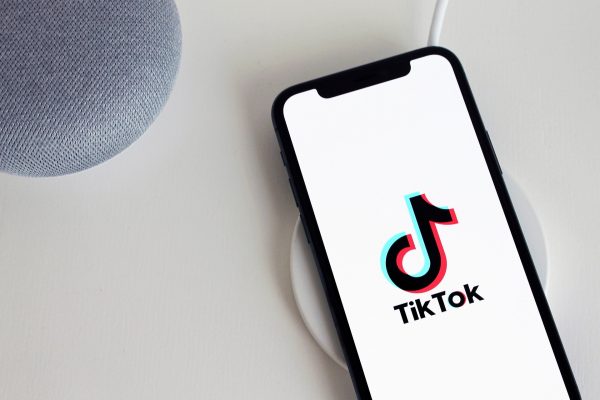
“We will firewall protected U.S. user data from unauthorized foreign access,” Chew said, adding, “We will be transparent and give access to third-party independent monitors to remain accountable for our commitments.”
In addition, Chew appealed to his audience on an emotional level, emphasizing how the platform has “brought joy” to 150 million active U.S. users, provided a global stage for sharing American culture and traditions, and helped small businesses thrive in the aftermath of the COVID-19 pandemic.
Cracking down
Despite the claims, many remain wary of TikTok’s privacy policies and over growing concerns regarding security and intelligence hijacking by the CCP.
Senator Mark Warner (D-VA), who has been behind various bills introduced by Congress with the intention of limiting TikTok’s power, said on March 22 prior to Chew’s hearing that, “TikTok’s lack of transparency, repeated obfuscations, and misstatements of fact have severely undermined the credibility of any statements by TikTok employees, including Mr. Chew.”
Warner added that several bipartisan bills currently in the pipeline already have the backing of “more than 20 senators,” and would authorize the U.S. Department of Commerce to “ban foreign companies and technologies in the U.S. on grounds of national security.”



